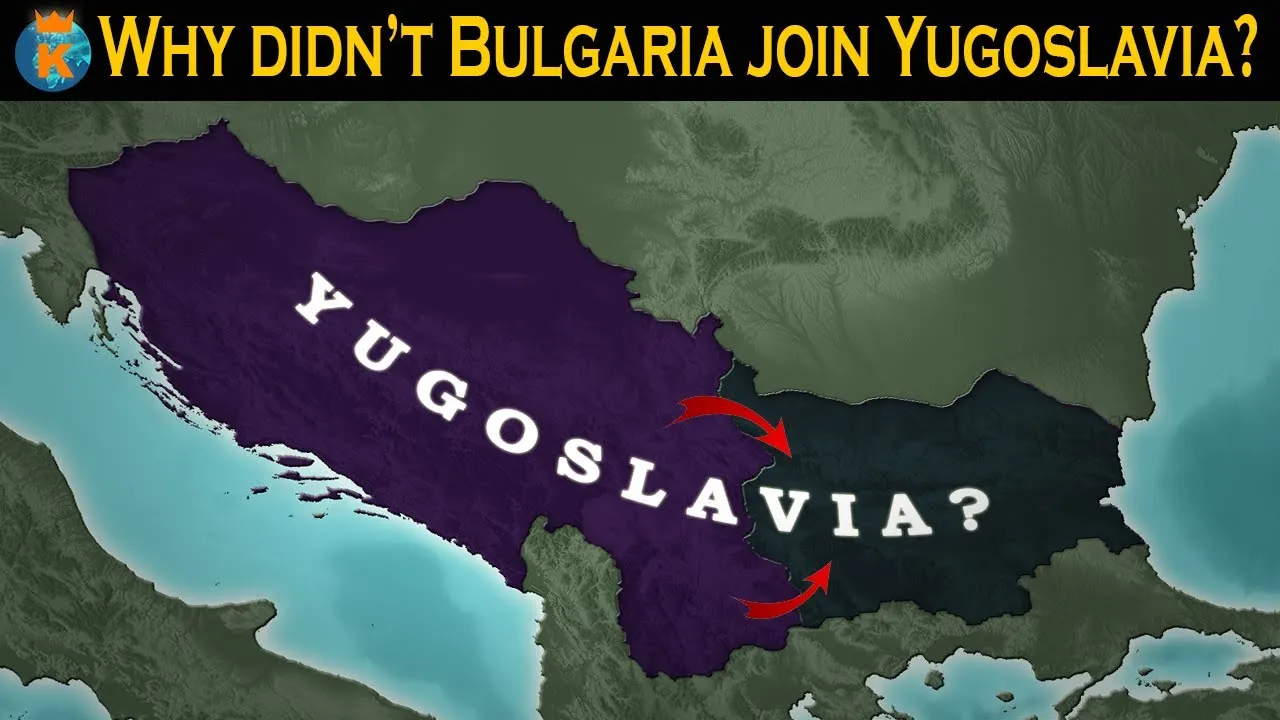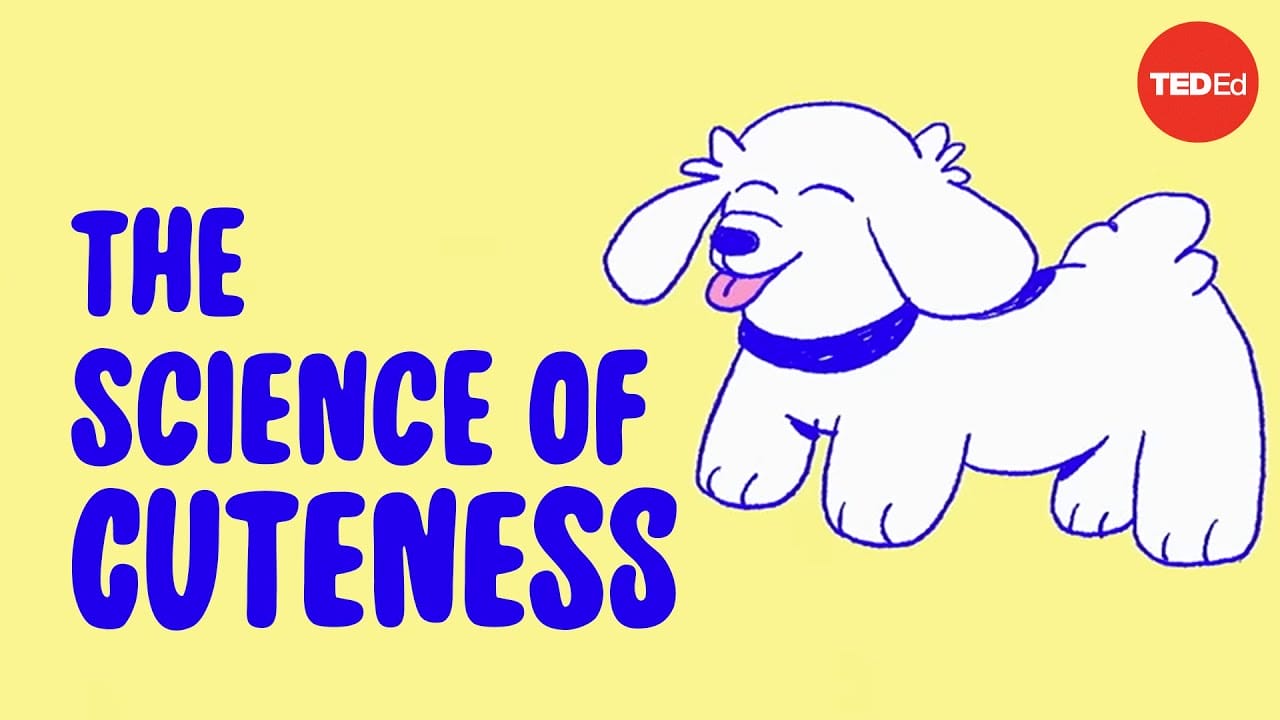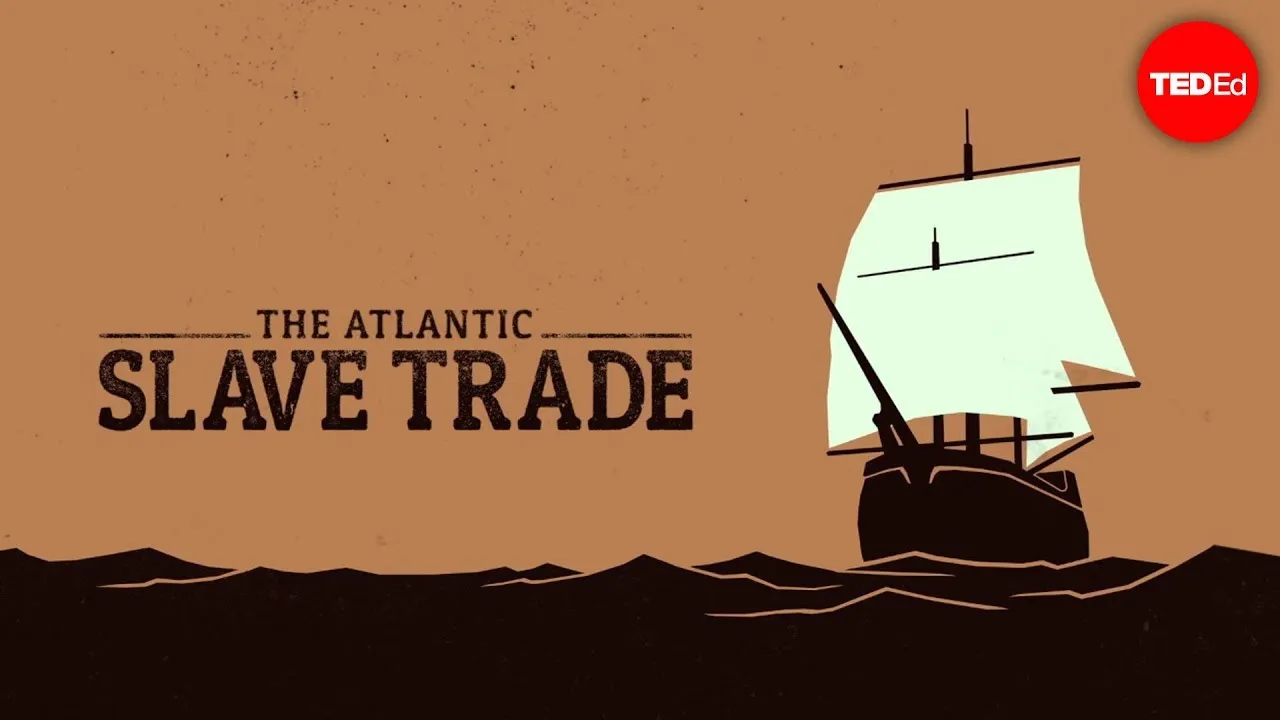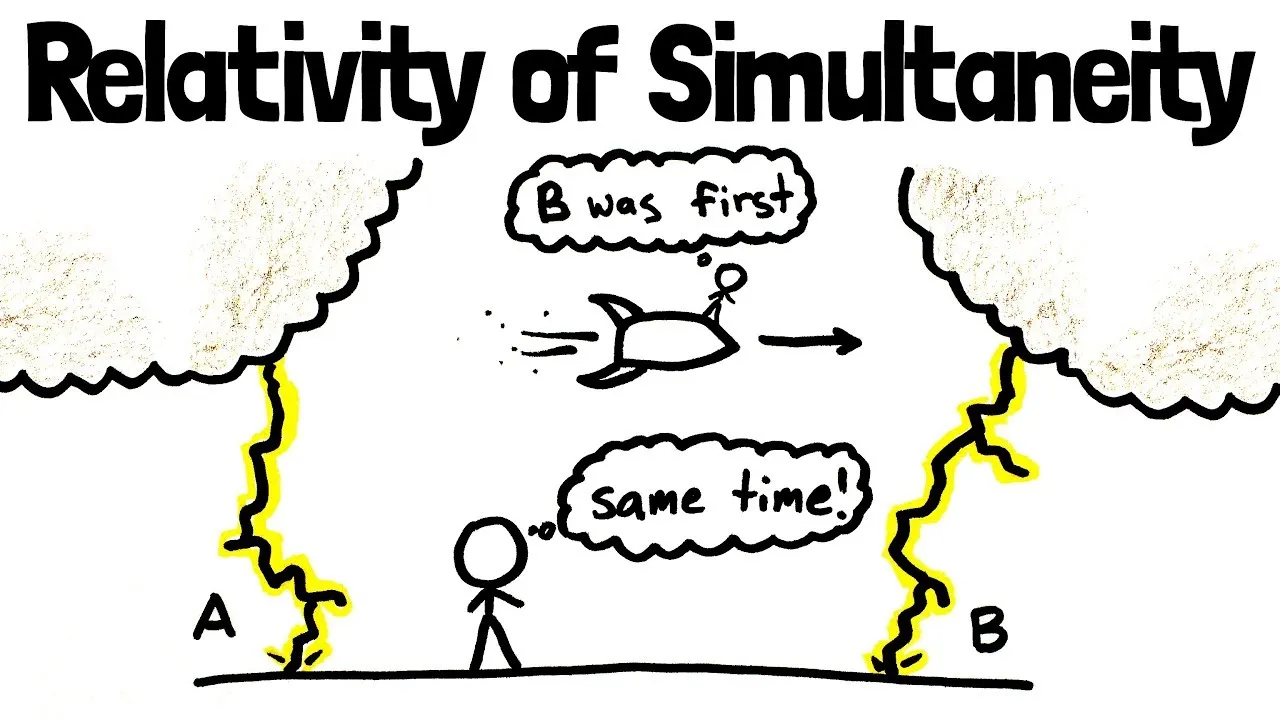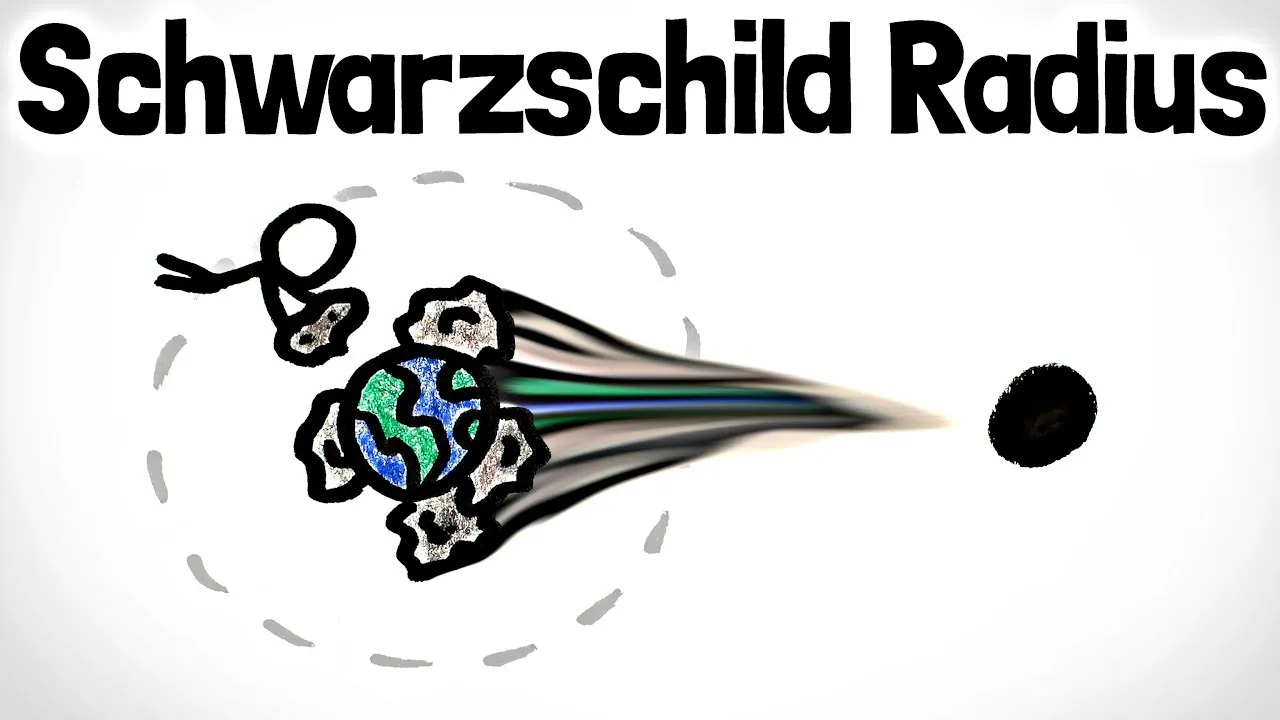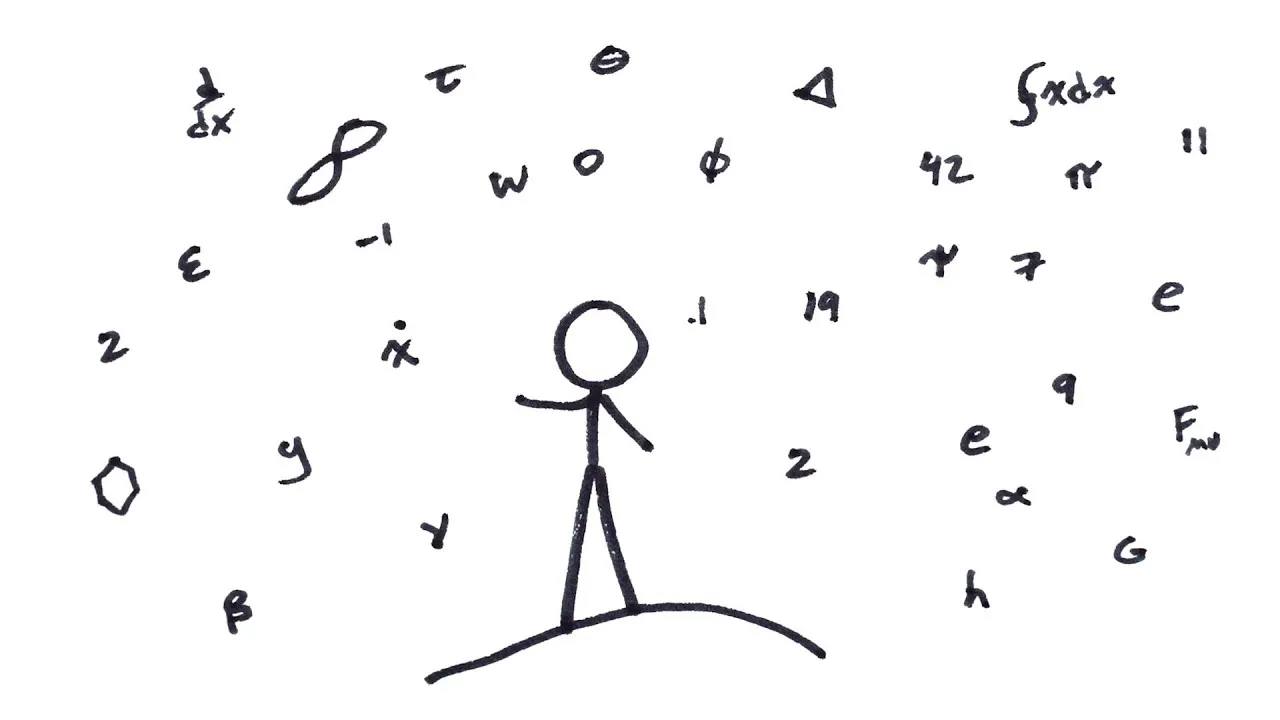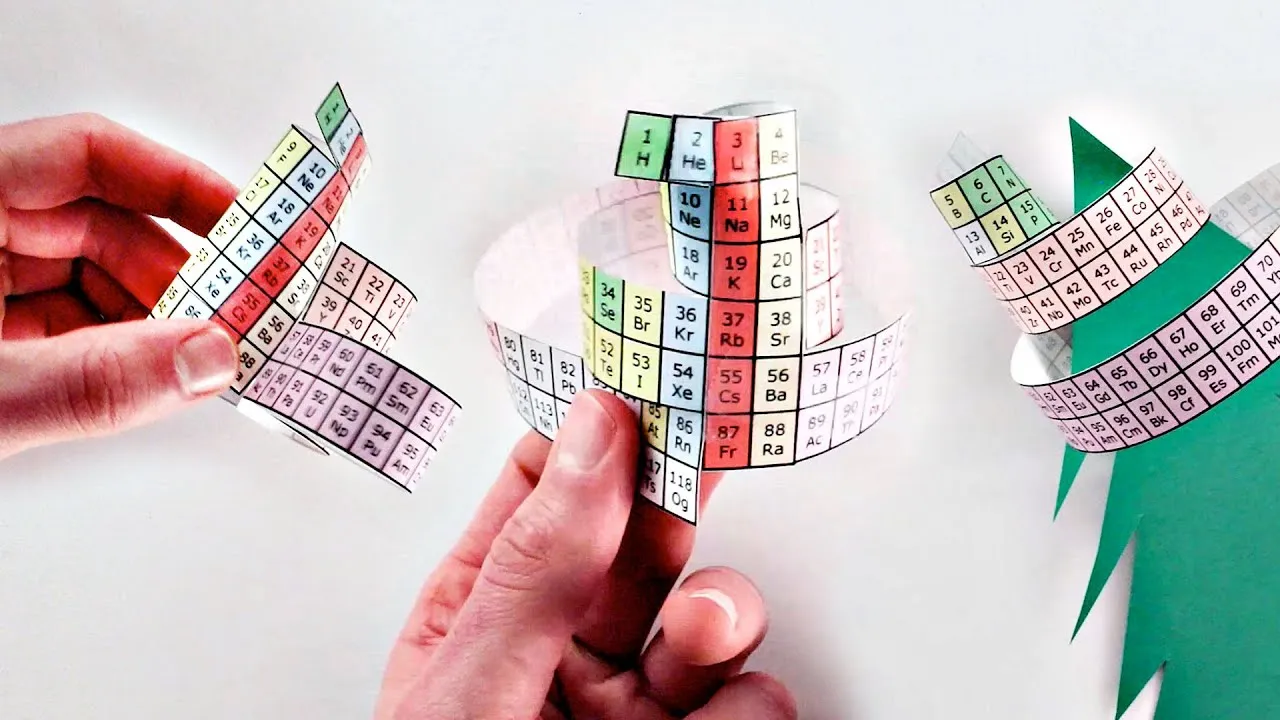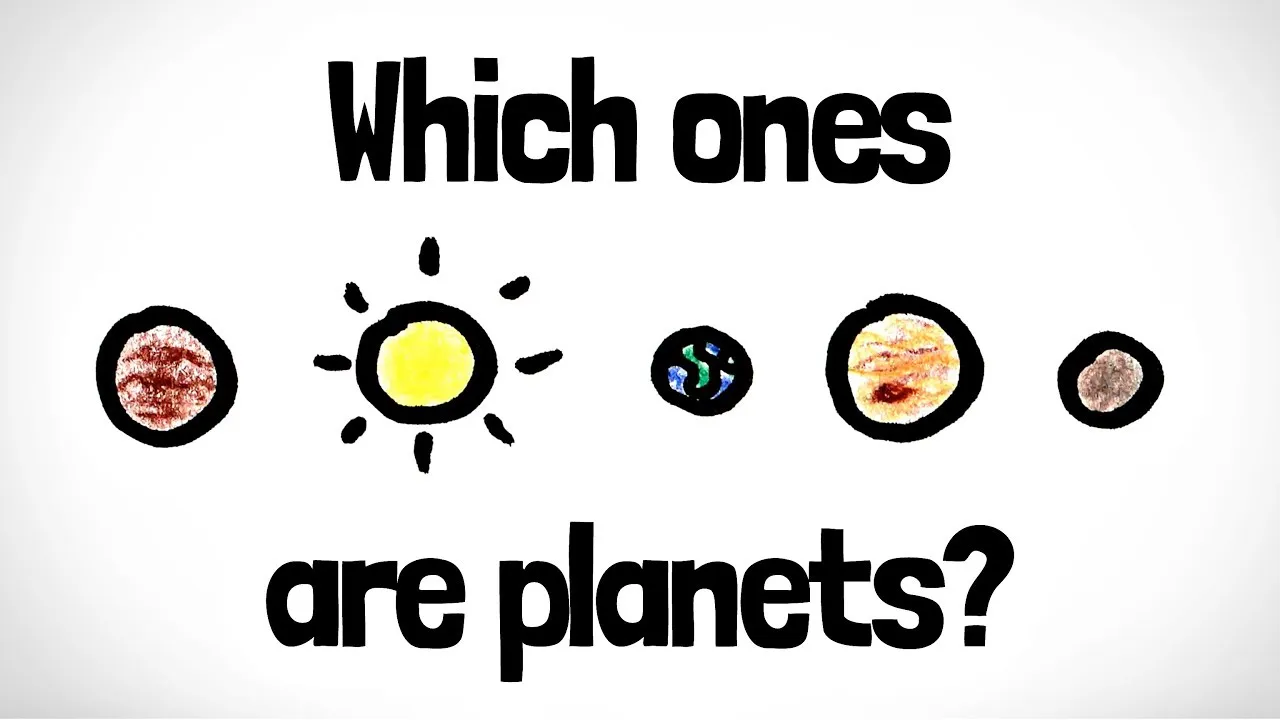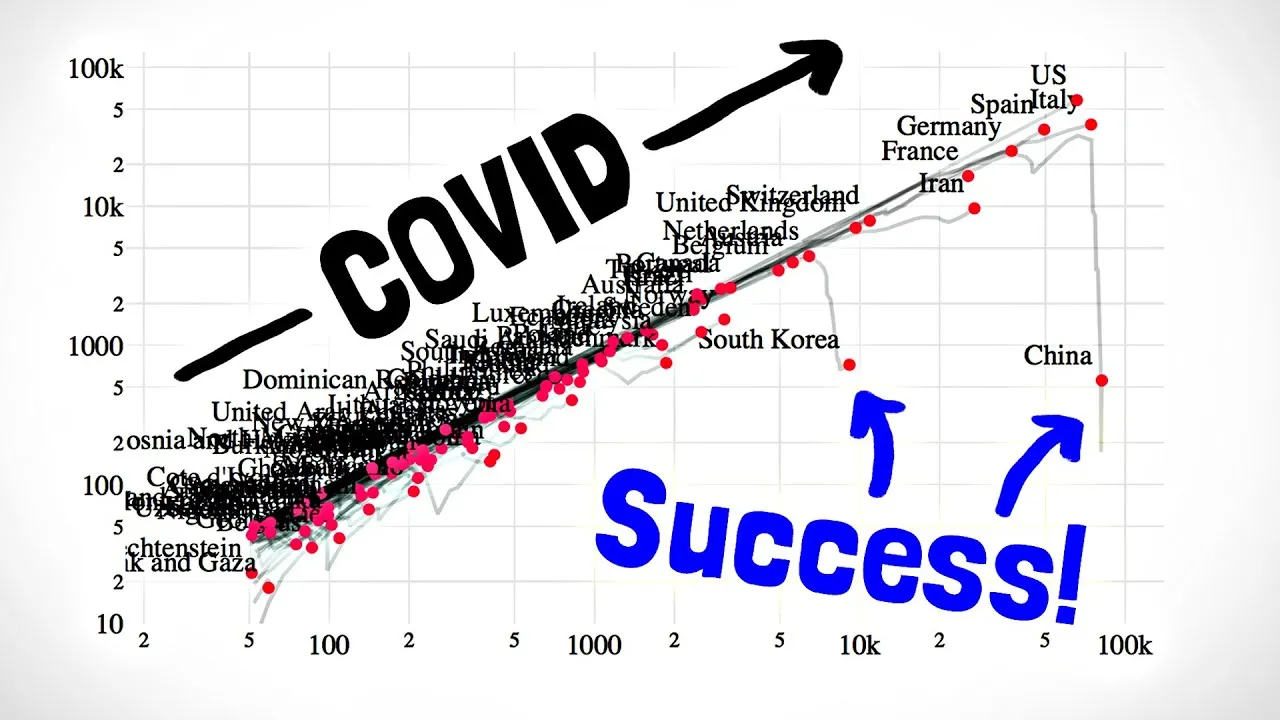University Video Lessons
Enhance your university learning experience with our AI-guided video lessons! We've curated in-depth YouTube videos to help you grasp complex concepts and excel in your academic journey."
Bulgaria's exclusion from Yugoslavia can be attributed to a mix of political, ideological, and ethnic factors. The dominance of the Serbian monarchy in the newly formed Yugoslavia, the divergent communist paths taken by Bulgaria and Yugoslavia post-World War II, and ethnic disputes over Macedonia contributed to Bulgaria's decision to remain independent. Ultimately, this choice allowed Bulgaria to avoid the conflicts that arose during Yugoslavia's dissolution in the early 1990s.
The Battle of Eylau in February 1807 was a fierce and brutal confrontation between Napoleon's French forces and the Russian army, marked by harsh winter conditions and significant casualties on both sides. Despite initial successes and a bold cavalry charge by Marshal Murat, the battle concluded without a clear victor, with both armies suffering heavy losses and the Russians ultimately retreating. This indecisive conflict highlighted the challenges of warfare during the Napoleonic era and had lasting implications for Napoleon's Grande Armée as they continued their campaigns in Europe.
The lesson "Baghdad Burns: Fall of the Abbasids" explores the rise and decline of the Abbasid Caliphate, which thrived during Islam's Golden Age under leaders like Harun al-Rashid and al-Ma'mun. Internal conflicts, military innovations, and external pressures, particularly from the Seljuk Turks and the Mongol invasion, ultimately led to the caliphate's downfall in 1258 with the destruction of Baghdad. Despite their decline, the Abbasids left a profound legacy in cultural and intellectual advancements that continued to shape Islamic civilization.
In this lesson, we explore how to calculate the volume of various shapes, specifically focusing on cones, using calculus. By approximating the cone's volume through the summation of infinitely thin disks and applying integration, we derive the formula for the volume of a cone as \( V = \frac{1}{3} \pi R^2 H \). This method can also be extended to other shapes, demonstrating the power of calculus in deriving mathematical formulas rather than relying on memorization.
The lesson explores the intriguing connection between quantum physics and our sense of smell, highlighting how odor molecules interact with specialized receptors in the nasal cavity. It discusses two primary theories of smell—shape theory and vibration theory—while emphasizing the role of quantum tunneling in detecting vibrational frequencies of molecules. Ultimately, the lesson suggests that a comprehensive understanding of smell may require integrating both theories, revealing the complex mechanisms that underpin our everyday sensory experiences.
The lesson explores the origins of Christianity, highlighting the emergence of Gnostic texts like the Gospel of Thomas and the Gospel of Philip, which present alternative views of Jesus and early Christian beliefs. It discusses the tension between Gnosticism and Orthodox Christianity, the role of figures like Simon Magus in defining heresy, and the challenges faced by early Christians, including persecution and internal divisions. The lesson culminates in the legalization of Christianity under Emperor Constantine and the subsequent doctrinal disputes that shaped its evolution.
The lesson discusses how Starlink's satellite internet service from SpaceX is set to transform in-flight WiFi by providing faster speeds and lower latency compared to traditional air-to-ground systems. By utilizing a network of satellites closer to Earth, Starlink can enhance bandwidth availability for passengers and enable real-time data transmission for airlines, potentially improving safety and operational efficiency. Despite regulatory and cost challenges, the future of in-flight connectivity looks promising with Starlink's advancements.
The lesson explores the historical and technological evolution of human involvement in aviation and spaceflight, highlighting key milestones such as Alcock and Brown's pioneering transatlantic flight and NASA's X-15 program. It discusses the shift towards automation in rocket launches and the challenges of fully autonomous aircraft, emphasizing that while modern technology allows for significant automation, human oversight remains crucial due to the complexities of unexpected situations and regulatory concerns. The lesson concludes with a look at future Mars missions, where collaboration between humans and machines will be essential for successful landings.
Circulating pumps are vital components in heating systems, primarily functioning as inline centrifugal pumps that efficiently move water to ensure immediate access to hot water and effective heat distribution. They operate by using an impeller to create pressure dynamics that facilitate continuous water flow, allowing heated water to circulate between the boiler and radiators or other heat exchangers. Understanding their design and operation is crucial for optimizing heating system performance.
This lesson covers the electrical connections of three-phase induction motors, focusing on the configurations used to connect them: delta and star (Y). It explains how the arrangement of terminals within the motor's electrical terminal box facilitates the generation of a rotating electromagnetic field, which drives the motor. By comparing the two configurations, the lesson highlights their respective voltage and current characteristics, emphasizing the importance of selecting the appropriate setup for optimizing motor performance in various industrial applications.
This lesson provides an overview of Variable Air Volume (VAV) systems, which are essential for efficient climate control in modern HVAC applications, particularly in office buildings. VAV systems allow for individual temperature regulation in different rooms through the use of VAV boxes connected to a central air handling unit, optimizing energy use by adjusting airflow based on specific zone requirements. Key components include dampers and airflow sensors that work together to maintain comfort while conserving energy.
This lesson provides an overview of power inverters, which are devices that convert direct current (DC) into alternating current (AC) to power household appliances. It explains the basic principles of electricity, how inverters function using electronic switches, and the importance of voltage transformation and waveform improvement to produce a clean AC output. Additionally, it touches on the differences between single-phase and three-phase electricity, highlighting their applications in residential and commercial settings.
This lesson provides a step-by-step guide on how to control a brushless DC motor using an Arduino and a potentiometer. It covers the necessary hardware setup, including connections between the motor, electronic speed controller (ESC), and Arduino, as well as programming the Arduino to send pulse width modulation (PWM) signals to adjust the motor's speed based on the potentiometer's input. By following these instructions, learners can successfully operate a brushless motor and gain insights into basic electronics and programming concepts.
This lesson provides an overview of heat pumps, emphasizing their efficiency compared to traditional heating systems and electric heaters. It outlines key factors to consider when selecting a heat pump, including the type of heat pump needed and installation requirements, while also explaining various efficiency ratings such as COP, SCOP, EER, SEER, and HSPF to help consumers make informed decisions. Understanding these elements is crucial for optimizing heating solutions for different properties.
Stepper motors are specialized devices that convert electrical energy into precise mechanical movement, allowing for controlled rotation in small increments. Unlike standard DC motors, stepper motors can stop and hold positions, making them essential in applications requiring high precision, such as 3D printing and CNC machining. Their operation involves a motor driver and controller that manage the flow of electricity through coils, enabling accurate control of rotation speed and direction.
The phenomenon of "cute aggression," where people feel conflicting urges to cuddle and squeeze cute animals, is surprisingly common and affects about half of all adults. Cuteness is associated with features such as plump cheeks, large eyes, and short limbs, which stimulate brain regions associated with emotion and reward. It is hypothesized that cuteness triggers nurturing instincts and that cute aggression may be a result of emotional overload rather than an actual intention to harm.
The lesson on the Atlantic Slave Trade provides a comprehensive overview of its origins, expansion, and lasting effects on Africa and the Americas. It highlights the brutal conditions of the Middle Passage and the complex involvement of African kingdoms in the trade, which ultimately led to significant demographic shifts and the rise of racist ideologies. The enduring legacy of this inhumane practice continues to shape societal structures and global relations today.
The lesson explains Lorentz transformations, which describe how the perception of time and simultaneity changes when switching between stationary and moving perspectives in spacetime. It highlights the relativity of simultaneity, illustrating that events perceived as simultaneous by one observer may not be so for another moving at a different speed, emphasizing the lack of an absolute notion of time in our universe. The lesson concludes by noting that these effects become significant only at high speeds or large distances, challenging our intuitive understanding of time and space.
The lesson on black holes explores their formation, properties, and the concept of the Schwarzschild radius, which defines the boundary beyond which nothing can escape a black hole's gravitational pull. It explains that black holes can form through the compression of matter or by accumulating mass until reaching a critical density, with neutron stars being a potential precursor to black holes. The lesson also includes a fun perspective on calculating the Schwarzschild radius for various objects, emphasizing the theoretical nature of these calculations and encouraging further exploration through interactive resources.
The lesson on "Understanding Relativity: A New Perspective on Space and Time" explores how relativity challenges traditional notions of length and time by demonstrating that these measurements are not absolute but depend on the observer's perspective. It introduces the concept of proper length and proper time, which can be calculated using a spacetime version of the Pythagorean theorem, allowing for consistent measurements across different moving perspectives. The lesson emphasizes the importance of the speed of light as a constant and encourages further exploration of these concepts through practical applications.
The lesson explores the profound relationship between mathematics and the universe, suggesting that mathematics is not just a human invention but may reveal fundamental truths about reality. It introduces the Mathematical Universe Hypothesis, positing that both elementary particles and the fabric of space are defined by mathematical properties, leading to the idea that everything in existence could be fundamentally mathematical. This perspective challenges our understanding of reality and invites contemplation on the nature of existence itself.
The lesson "Reimagining the Periodic Table: A Creative Exploration" invites students to rethink the traditional layout of the periodic table, which is often seen as awkward and unintuitive. Various alternative arrangements, such as the left-step periodic table, spiral periodic table, and spiral rosette, are explored, each offering unique insights into the relationships between elements while highlighting the versatility of the periodic table as a tool for understanding chemical properties. Ultimately, while these creative designs provide fresh perspectives, the traditional format remains a practical and effective means of studying chemistry.
The lesson on brown dwarfs explores their classification as "failed stars," highlighting their inability to sustain hydrogen burning despite being large enough to burn deuterium. It emphasizes that while deuterium burning is not a clear distinguishing factor, other characteristics such as movement, formation processes, and metallicity effectively differentiate brown dwarfs from gas giants. The lesson also discusses the role of the James Webb Space Telescope in studying these intriguing celestial objects, enhancing our understanding of their nature and formation.
In this lesson, Henry discusses the concept of exponential growth in the context of the COVID-19 pandemic, emphasizing its rapid nature and the challenges it presents in understanding the trajectory of the virus. He highlights a graph created by Oddish that visualizes the epidemic using a logarithmic scale, focusing on the rate of new cases rather than total cases, which aids in identifying trends and the effectiveness of public health measures. The lesson underscores the importance of recognizing these trends to better anticipate the future of the pandemic and the limitations of the data presented.
